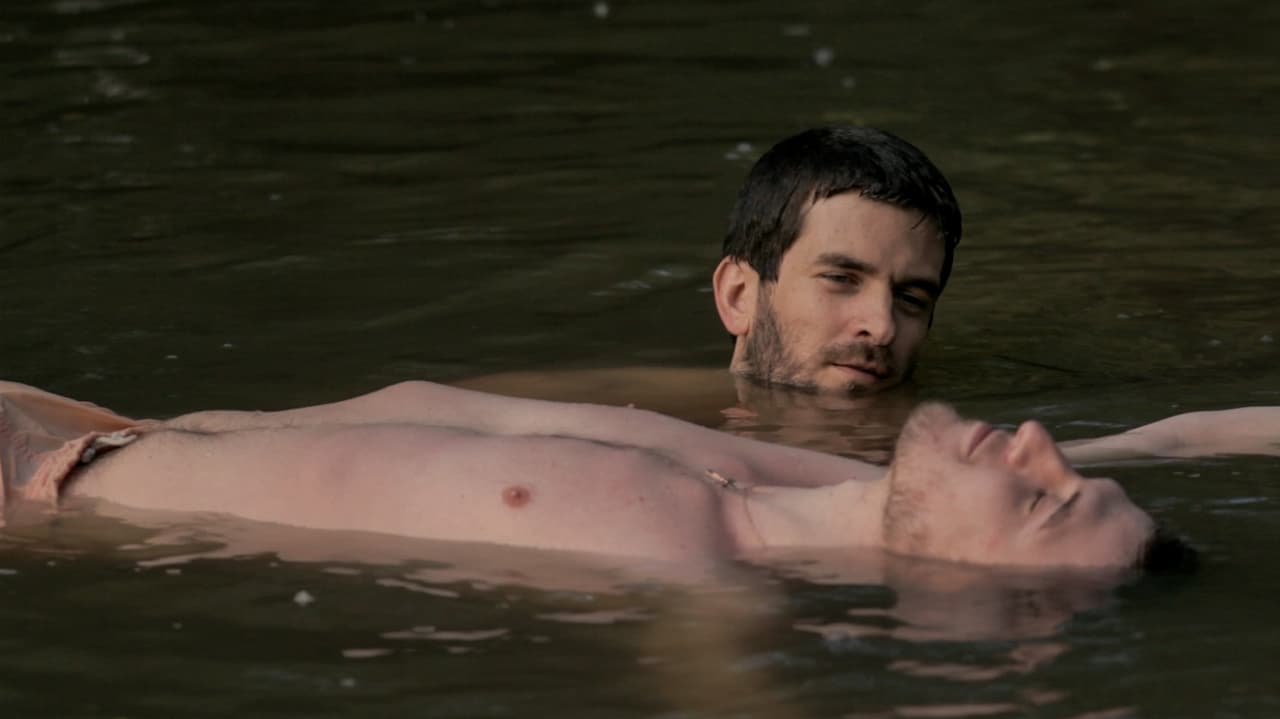

This is one of those films that shouldn't be categorized as a ''gay love'' film. And usually, being categorized is the main reason why the movie was so underminded, by some of the people from the lgbt community who likes to see movies that focus more on human's sexuality and/or sexual/eroticism. Because the movie was being categorized, not many people and/or critics outside of the lgbt community, cares enough to even bother to give this movie a watch. Because this movie is truly beautiful. Remember what I said before ? This movie didn't necessarily focus on sexuality. Yeah it had a few *eye catching* moments here and there, but only to highlight the realistic and ordinary - the life of the two main protagonists, Martin and Eugenio. Yes, this movie focused more on the two characters; their development and history. The further the story lines goes, the more contrary it becomes with the movie's slow paced. Not only the story line being highlighted, but also the out-look and the music in this movie deserves a notice. Scenes with literature meanings, gets you to actually think, not just stare. The music sounds like a silent orchestra, gives you this nostalgic feels, the get-away and the returning to home, adds to the theme of this film. The two things created such hollow and vague atmosphere, that your mind will be lost in it. As for the dialogue, it was also something that feels very close to home. It's intimate, sometimes a little awkward, bringing this movie to life. And each character's dialogue truly highlights their personality *watch to see*, showing the contradiction between the two characters, but only to develop into something touching, sweat and adorable.
... View Morea beautiful film. for silence and words. for the tension and new values of ordinary gestures. for the definition of friendship who explores the nuances more than significance. for the special joy, high delicacy, science to use the detail in gentle manner. a film about a meeting after long time, the search to reconquest the years of youth and the root of present dialog. sure, it is not a surprise. Argentinian cinema has many special films but this case seems be real special. for the tension who has not only sexual level. for the wise manner to use each scene as seed of the other. for the spring air , using a form of innocence who becomes the bridge between characters. a film who is not bad to see. for a rare state of emotions.
... View MoreOne of my favorite gay films ever. A charming tale about a young man (Martín, played by Mateo Chiarino) who is down on his luck, homeless and poor much of his life who returns to his birth town and randomly goes to work for a childhood friend (Eugenio, played by Manuel Vignau) as a handy man. The wealthy Eugenio, who is gay, takes a liking to the attractive Martin and eventually provides him with clothes and a place to stay. Eugenio subtly hits on Eugenio, who is seemingly blind to the advances. Both characters are deftly played, very nice directing and a storyline that at times is suspenseful. Won't give a spoiler but the ending is worthy sticking around for. Very enjoyable movie! Parental alert: frontal nudity by both actors, but not overboard with it.
... View MoreYoung(ish) writer Eugenio returns to his childhood home in a small Argentine town. At the same time, another of the town's prodigal sons also comes home: Martín, searching unsuccessfully for a long-lost relative. Homeless and short of funds, Martín starts doing odd-jobs around town and eventually knocks on Eugenio's door, looking for work. It transpires the pair knew each other as children and it isn't long before they are reliving happy childhood memories such as, er, stoning a cat to death. But Eugenio is homosexual and through his actions (spying on Martín in the bathroom; buying him clothes) it is clear he's hoping for more from the relationship than animal abuse. What will Martín's reaction be?I could have done with director Marco Berger pulling back the camera at times; he loves the close-up so much that we never get an idea of how big are the house and grounds that much of the action takes place in because we never see so much as a single wall in full shot (this also means that in the few, mostly out-of-focus, incidences of nudity it's impossible to tell whether the viewer is seeing actors Manuel Vignau and Mateo Chiarino or uncredited body doubles). And the amount of shots that seem centred on Messrs Vignau and Chiarino's crotches is bordering on embarrassing. But the two leads do a nice job of portraying a growing relationship that seems based mainly on friendship rather than repressed desire; indeed (MAJOR SPOILER ALERT!) I'm rather glad we didn't see them consummate their relationship; somehow, that would have spoiled things.
... View More